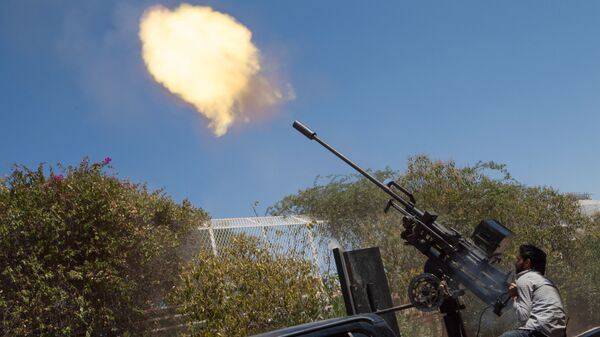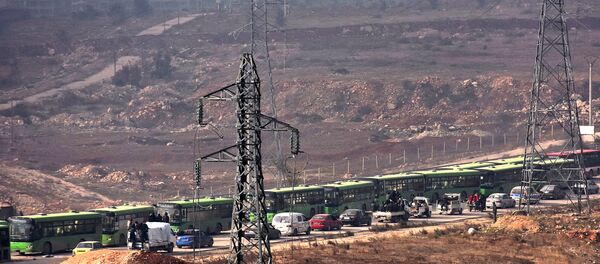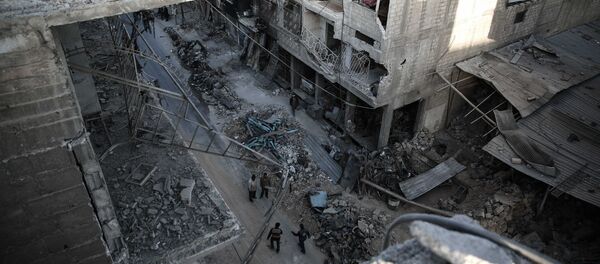"The United Nations has often created numerous commissions for bureaucrats. A large team of experts will have to work for the commission. They will visit one country after another, receive some documents. No one knows how these documents will be assessed and whose evidence they will listen to," she said.
The political analyst also warned that such a commission could be predisposed to reach a certain outcome rather than conduct an impartial investigation and sea where it leads the team.
"This commission can hardly be unbiased. I think this is a bureaucratic solution," she said, adding that this initiative "profanes serious work" and is meant to "settle scores" with those the commission does not see eye to eye on the issue.
"How is it possible that crimes committed in one country will be investigated by those who were not present in that country when such events took place?" Gevorgyan asked.
The political analyst pointed to the attack on a UN humanitarian aid convoy near the Syrian city of Aleppo on September 19 as a prime case in point. On Thursday, the UN said that its findings were inconclusive and it could not identify those responsible for the incident. However, the investigators insisted that the convoy was destroyed in an "air attack."
US officials blamed Russia and Syria for the September 19 attack near Aleppo. The Russian Defense Ministry denied these allegations, saying that neither Russian, nor Syria aircraft carried out strikes.
"Clearly, Syrian and Russian forces had nothing to do with it. Both countries have been supplying humanitarian aid to Aleppo. The obvious ignored UN Board of Inquiry question is why would they want it destroyed? Also unaddressed was who benefited from the attack – clearly not Syria or Russia," Chicago-based analyst Stephen Lendman asserted.
Never miss a story again — sign up to our Telegram channel and we'll keep you up to speed!



